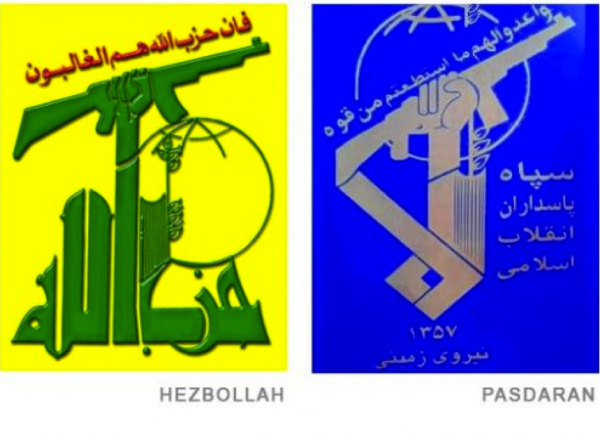
US Assistant Secretary of State for Near Eastern Affairs David Schenker has said Washington will impose new sanctions on Lebanese political figures, Asharq Al-Awsat learned.
Schenker told several independent lawmakers during his visit to Beirut this week that the US does not differentiate between Hezbollah’s political and military wings.
“They have a single leadership,” the MPs, who met the US official at the Kataeb party offices in Bikfaya, quoted Schenker as saying.
“Wait until next week to know the details of the sanctions,” he told the lawmakers in response to their questions whether they targeted new figures from Hezbollah or its allies.
The deputies who met Schenker are Marwan Hamadeh, Sami Gemayel, Henri Helou, Paula Yacoubian, Nehmat Efram, Nadim Gemayel and Elias Hankash.
Schenker said US President Donald Trump is in agreement with his French counterpart, Emmanuel Macron, on the situation in Lebanon.
During his visit to Beirut this week, Macron said Lebanon’s political leaders had agreed on a reform roadmap involving a government being put together within two weeks, following last month’s devastating blast in the port of Beirut.
Priority lies on reforms and fighting corruption, said Schenker, warning that without them Lebanon would not receive the much needed financial assistance from the international community.
During his visit to Beirut, the diplomat only met with civil society figures, the army chief and the independent lawmakers.
He said his snub of officials was intended to avoid any criticism that he could be behind a possible delay in the formation of the government.
Schenker told the MPs that he would return to Beirut at the end of September to discuss the demarcation of Lebanon’s sea boundary with Israel.
Asharq Al-Awsat

Leave a Reply
You must be logged in to post a comment.